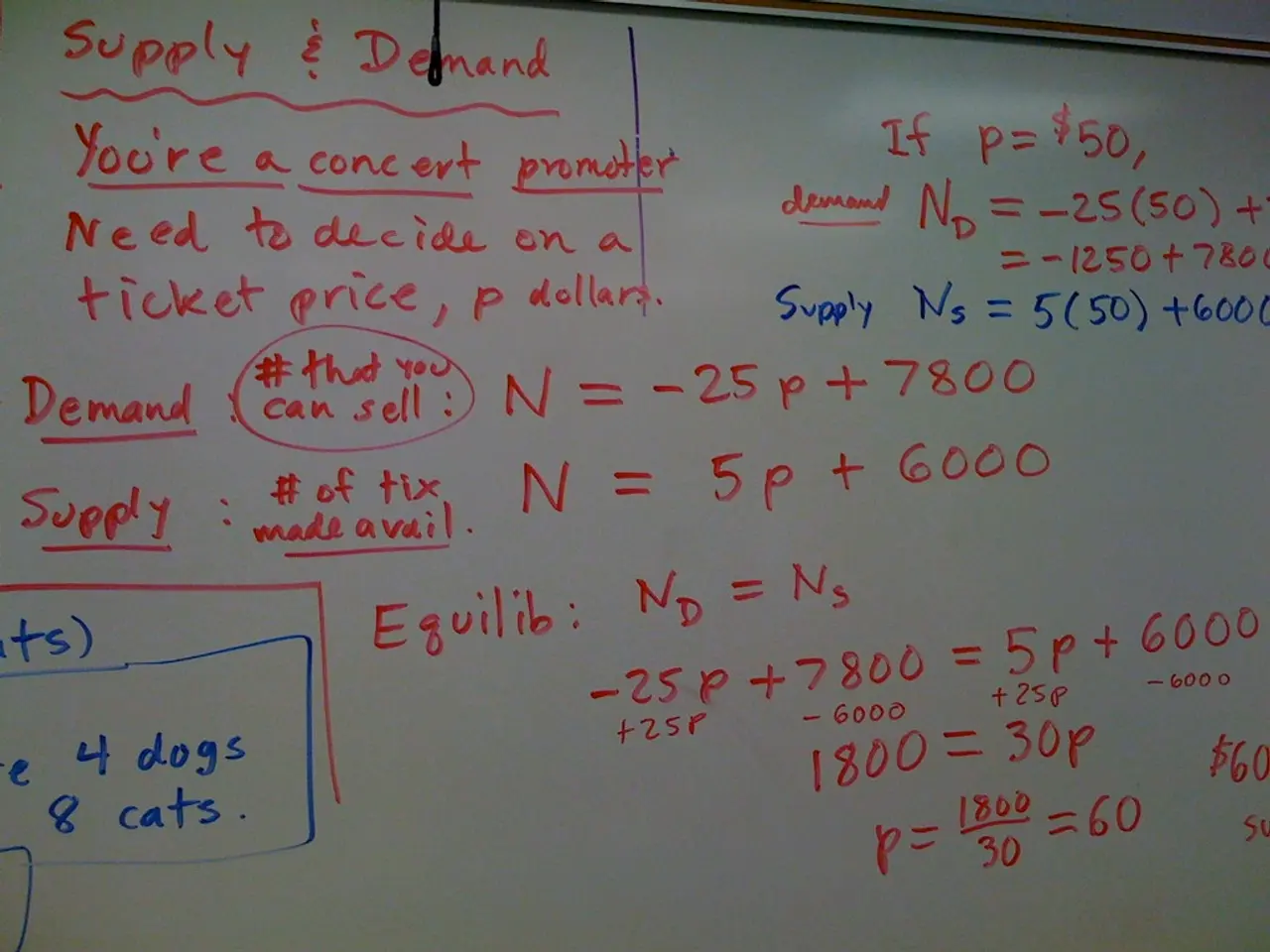Guide for Effortless Output on Tasks: Lazy Brainstorming for Academic Papers and Final Projects
In the latest episode of "Making Learning Audible," hosted by McGraw, Learning Consultant Elise Freeman discusses the importance of finding balance between work and relaxation during the winter break. One of the strategies she advocates is the implementation of passive work for essay writing and exam preparation.
Passive work, as Elise explains, refers to approaches that involve indirect, low-effort, or background activities that support learning without intensive active focus. By structuring pre-writing and brainstorming to minimize wasted time and enrich understanding and idea generation, students can make their essay preparation more efficient and less stressful.
To implement passive work effectively, Elise suggests engaging in passive brainstorming, using freewriting and mind-mapping as brief warm-ups, creating simple outlines from recurring thoughts, and setting time limits for pre-writing tasks.
Passive brainstorming can be achieved by immersing oneself in relevant reading materials, listening to podcasts, or having discussions on the topic. This low-pressure approach leads to natural idea generation and reduces the "blank page" paralysis. Freewriting and mind-mapping help ideas flow, while setting time limits prevents overthinking and entering diminishing returns on idea development.
Elise also offers tips for effective brainstorming and reducing time spent on pre-writing. These include preparing background materials in advance, asking focused questions, avoiding over-editing early ideas, using active voice in drafting, summarizing and paraphrasing when possible, and using hedging language to modulate certainty.
As the new semester approaches, Elise Freeman's strategy for starting off on the right foot involves staying on top of things. Organizing materials and notes effectively, seeking help from professors, teaching assistants, or tutors when struggling with course material, and taking breaks during long study sessions to avoid burnout are all recommended.
Additionally, using active learning strategies, such as discussing the material with classmates, and scheduling study times using a planner or calendar can help students manage their time effectively. Setting specific study goals and prioritizing tasks are also crucial for staying productive during the semester.
In the "Student Life" section, the article provides five tips for a successful in-person semester. These include reviewing materials before class, asking oneself what the professor would think the takeaway should be from the class, tracing the most important themes in the course for easy reference, and using Principedia, a resource for better learning in research-based courses.
Passive work, as Elise suggests, involves stretching out the brainstorming period so that when you sit down to write, the paragraphs form themselves. Simplifying complex concepts down to a colloquial level and using weekly Blackboard posts as mini build-ups to potential essay topics are also part of her strategy.
McGraw offers individual hour sessions with a student for study strategy consultation, making it an excellent resource for students looking to optimize their learning and essay writing process. By embracing passive work, students can make their essay preparation more efficient, reduce stress, and ultimately, perform better academically.
Engaging in activities such as reading educational materials, listening to podcasts, or having discussions related to the topic can stimulate passive brainstorming, contributing to a more efficient and less stressful essay preparation process, as Elise Freeman suggests. Similarly, by using weekly Blackboard posts as mini build-ups to potential essay topics, students can simplify complex concepts and enhance their understanding, following Elise's strategy for more effective learning and essay writing.




